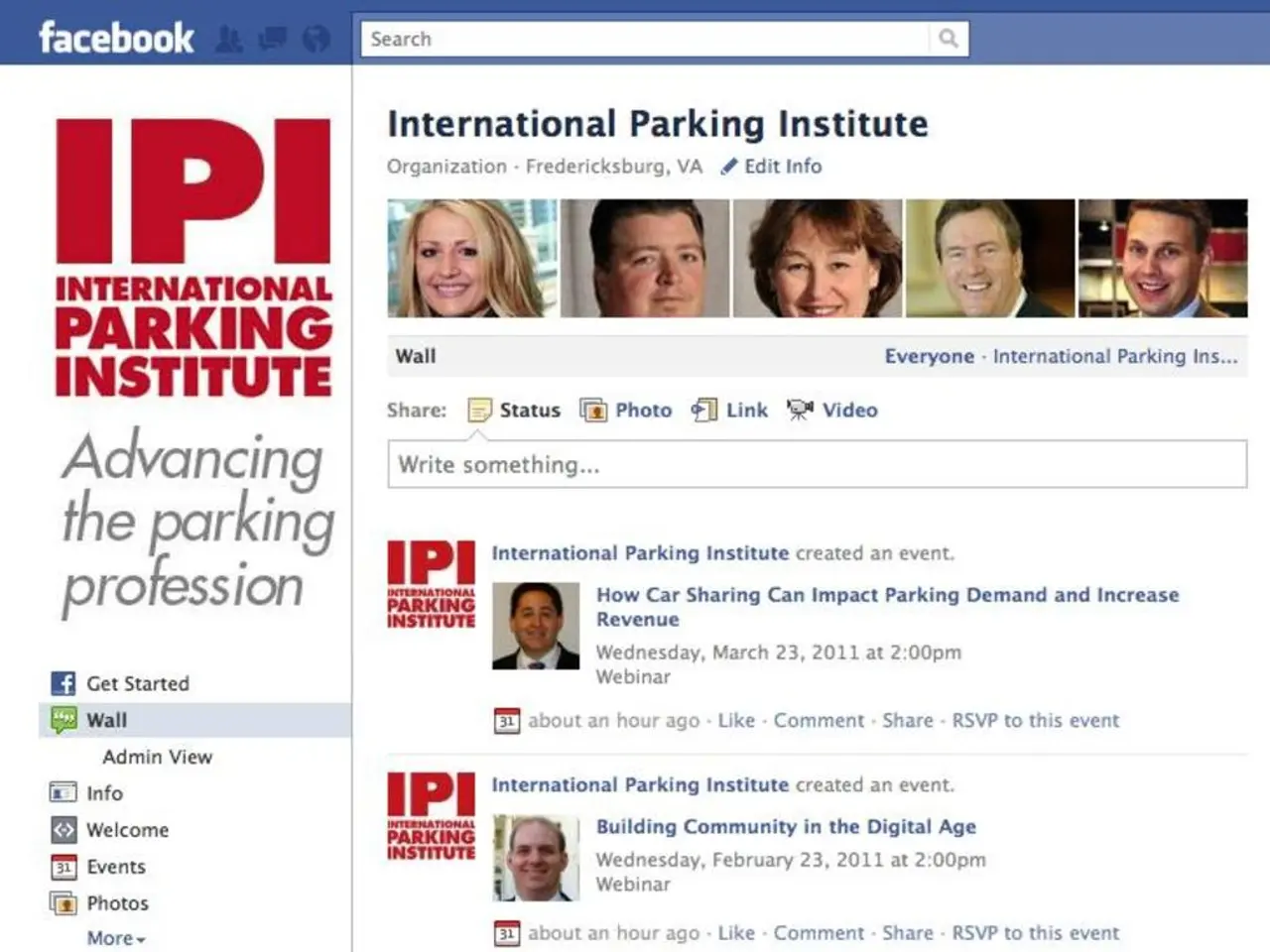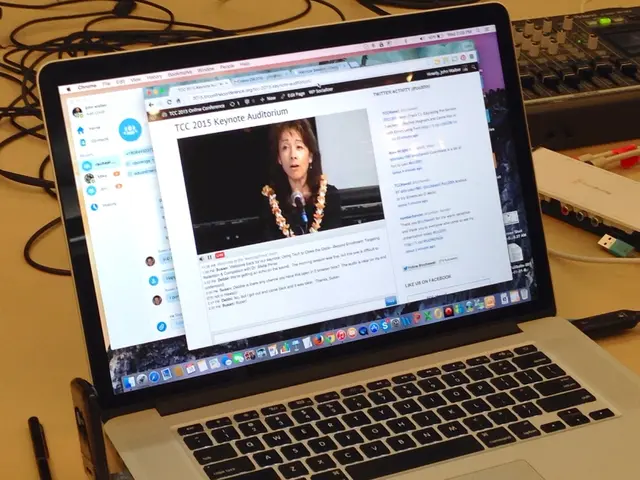Privacy Research and Scholarship Honored in FPF's Papers for Policymakers: Recognizing Significant Work in Protecting Individual Privacy Rights
The 15th Annual Privacy Papers for Policymakers (PPPM) event, hosted by the Future of Privacy Forum (FPF) in 2025, brought together academia, policy, and industry experts to delve into the complex and dynamic privacy ecosystem. The event, held at FPF's Washington, D.C., headquarters on March 12, 2025, highlighted key findings and discussions shaping the future of privacy and data protection.
One of the major focuses was the continued worldwide proliferation of data privacy laws. By early 2025, 144 countries had enacted some form of national data privacy legislation, covering approximately 82% of the global population. In the U.S., 20 states have comprehensive privacy laws, reflecting growing regulatory complexity.
Policymakers discussed the rise in stringent privacy requirements imposed on companies handling personal information, alongside robust enforcement exemplified by high-profile fines. For instance, Meta was penalised €1.2 billion in 2023 for breaching EU GDPR international data transfer rules.
Another highlighted area was establishing privacy engineering as a defined professional discipline to meet these complex regulatory and technical challenges. The event underscored the importance of collaboration across policymakers, technologists, and civil society to develop privacy-enhancing technologies, aligning with regulatory expectations and societal values.
Several papers and discussions addressed the need for balanced approaches to privacy. Tom Zick, Tobin South, and Brenda Leong co-authored the paper "Personhood Credentials: Artificial intelligence and the value of privacy-preserving tools to distinguish who is real online," which proposed a decentralized approach to verifying online identities, balancing security and privacy.
Professor Mark Jia's paper challenged the notion that privacy is solely a Western concept, arguing that China's privacy framework has been shaped by state interests and public concerns. Lee Matheson, FPF Deputy Director for Global Privacy, introduced Professor Jia to discuss the evolution of privacy law in China.
The paper by Miranda Bogen addressed the paradox of measuring fairness in AI while protecting individuals' privacy. Bogen categorized fairness assessment into three key areas: measuring disparities, selecting appropriate metrics, and implementing mitigation strategies.
The challenges of industry-wide adoption were covered in the discussion, with the authors discussing the risks posed by AI-driven identity fraud and the need for robust authentication mechanisms that protect user privacy.
Daniel Solove and Jennifer Huddleston discussed the legal and ethical complexities of data scraping in their paper "The Great Scrape: The Clash Between Scraping and Privacy." Solove argued that while scraping has long existed in a legal gray area, the rise of AI has heightened privacy concerns. The discussion explored potential regulatory solutions and advocated for a public interest standard to determine when scraping should be permissible.
Alice Xiang's research critiqued the assumption that fair data sets automatically lead to fair AI outcomes and highlighted the challenges in defining fairness. The conversation highlighted recent cases where the FTC has expanded its enforcement scope, including actions against data brokers and algorithmic decision-making.
John Verdi, FPF's Senior Vice President for Policy, thanked the winning authors, discussants, event team, and FPF's Daniel Hales for their contributions. Alan Raul, FPF Board President, emphasized the significance of privacy scholarship and its relevance to policymakers worldwide.
The event recognized six outstanding research papers that offer insights for policymakers on privacy and technology. The 15th PPPM notably contributed to framing policymaker discourse toward practical, enforceable, and globally interoperable privacy solutions.
- The event underscored the importance of transparency in technology, with a particular focus on data privacy, as policymakers stressed the need for clear policy and guidelines.
- Many discussions at the forum touched upon the pressing topic of trust in technology, emphasizing the need for security in data-and-cloud-computing and adherence to privacy policies.
- Besides compliance with existing data privacy laws, the experts called for an emphasis on the development of privacy-enhancing technologies, urging technologists to align these advancements with societal values and regulatory expectations.
- The rise in privacy-focused research was evident, as demonstrated by the six exceptional research papers that offered insights for policymakers on privacy and technology.
- The global nature of the privacy ecosystem became more evident, with discussions on privacy frameworks in various countries, such as China, where privacy laws have been shaped by state interests and public concerns.
- Policymakers highlighted the need for collaboration among all stakeholders, including academia, industry, and civil society, to establish privacy engineering as a defined professional discipline and address complex regulatory and technical challenges.








